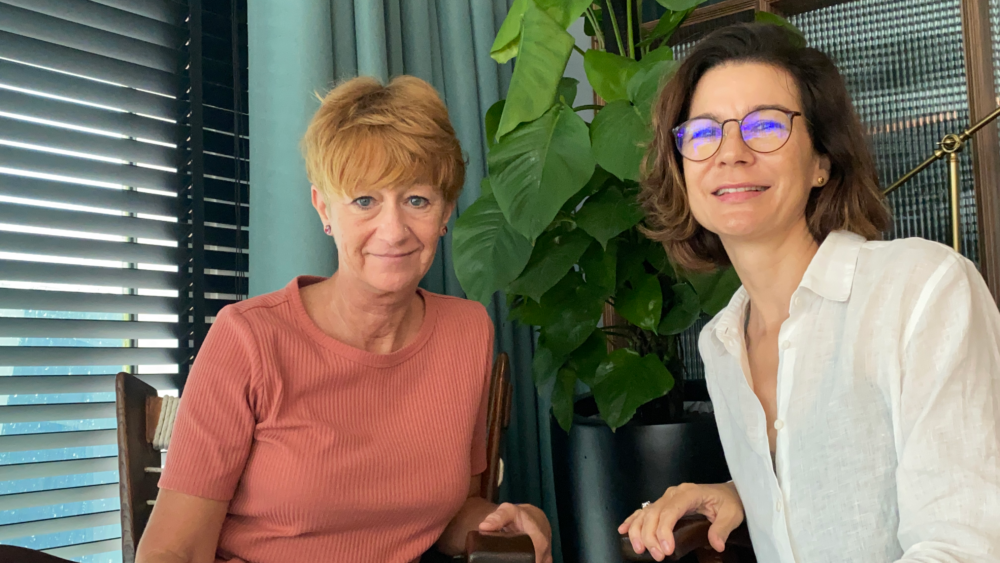Investor and strategist Patricia Reed (UCLA – NUS EMBA 2012) believes in building a better tomorrow for future generations — by devoting herself to sustainability and society-focused projects.
For instance, Patricia is a seed investor in Lucy, a virtual bank that specialises in financial inclusion for women, Full Circle Biotech, a company that is changing the $400 billion agfeed market, and explores angel investment opportunities with sustainability-focused companies in Asia. In the midst of all this, she is also a foster mom in Singapore.
Q: What got you into the areas of sustainability and society?
I believe in the Greek proverb, “Society grows great when old people plant trees whose shade they know they shall never sit in.” I hope I’m planting those trees by investing in companies such as Lucy and Full Circle Biotech.
I have become increasingly aware of the need to focus on today’s biggest challenges. That isn’t Covid, Ukraine, or anything else in the headlines. It is the issue of global warming that most people still think can be pushed down the road to our children. We need to make changes at an individual level, not wait for governments to solve it.
Lucy came about because there is a real issue of access to quality financial services for low-income women worldwide. We’re piloting a B2B solution in Singapore for domestic helpers. We intend to sell it as a SaaS platform to large banks to help them provide cost-effective banking services to populations they generally cannot support.
Lucy is a virtual bank and the founders wanted the Seed round to be financed exclusively by women. I knew one of the founders through his wife, and he reached out to see if I was interested. The CEO is a phenomenally capable, mature woman, and reassured me immediately. I find that clear purpose and founder credibility are the only two factors I look at when the company is that young. All the spreadsheets in the world can’t measure integrity and commitment.
I am currently supporting our Series A range in looking for investors and seeking a potential partner for a money lending license to be able to extend safe, reasonably priced credit to women who usually only have loan sharks as an option.
As for Full Circle Biotech, it is a company that is changing the US$400 billion agriculture feed market, which contributes over 20 per cent of global greenhouse gases. It is an innovative biotech agriculture feed company that replaces increasingly scarce ocean-sourced fish meal used for feed, and other firms.
Over the years, to reduce my greenhouse emissions and inflammation in the body that is the source of autoimmune disease, I have moved my family and myself increasingly away from animal proteins toward plant protein.
A few years ago, I was bored and had a puppy, Poppy. I realised Poppy’s carbon pawprint was an issue, and I looked for something different for dog food. I found out that insect protein has exponentially more protein than beef, which we assume is the holy grail. I started looking for products in Asia and couldn’t find any, so I started exploring starting my own pet food company. In that effort, I met a potential producer of alternative protein in Bangkok. Unfortunately, he kept having delays, and I found out he had had an investor fall through. I filled that gap and have been working closely to support the company.
We’re currently raising our post-Seed round, and have over US$400,000 in private investments committed and Letters of Intent (LOIs) from two of the world’s largest food companies for US$22 million. The interest from large companies that seek to reduce their emissions has been staggering and inspiring.




